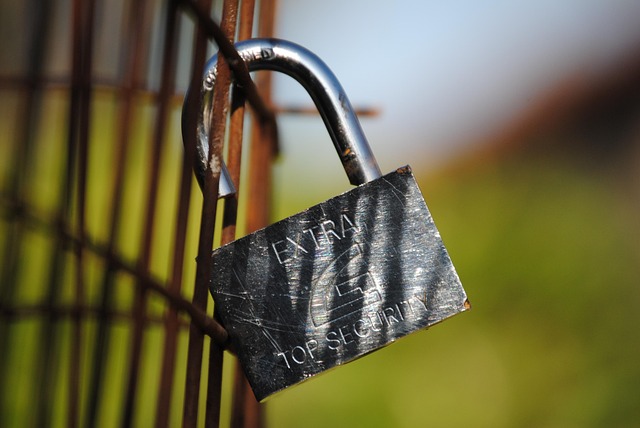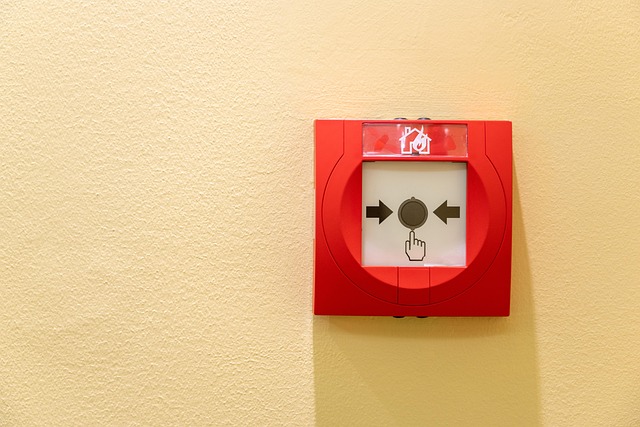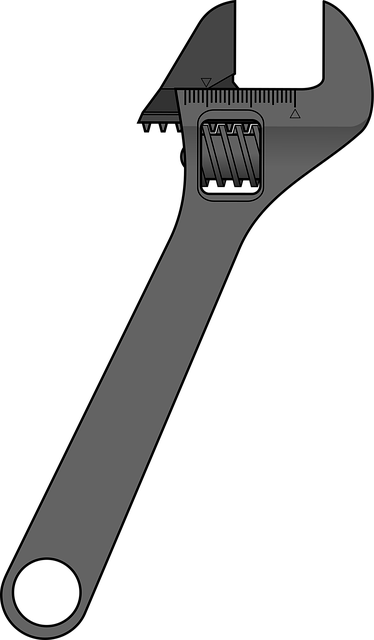A Gas Safe Registered Plumber is essential for safe and accurate gas pipe replacements, offering expertise in installation, maintenance, and repairs. Cost factors include job complexity, material type, labor time, and potential corrosion issues. They provide solutions for long-term cost savings through protective measures and regular inspections. Be aware of hidden fees and select a plumber with tailored expertise for specific needs. Professional services prove more cost-effective than DIY due to safety and damage risks.
When it comes to gas pipe replacement, choosing a qualified and Gas Safe Registered plumber is crucial for ensuring safety and compliance with regulations. This comprehensive guide breaks down the factors influencing these costs, from material and labor expenses to potential additional charges. We’ll also explore DIY options versus professional services, helping you make an informed decision based on accurate cost estimates and avoiding hidden fees.
- Understanding Gas Safe Registered Plumber's Role
- Factors Influencing Gas Pipe Replacement Costs
- Estimating Material and Labor Expenses
- Common Additional Charges and Discrepancies
- DIY vs. Hiring a Professional: Cost Comparison
Understanding Gas Safe Registered Plumber's Role

When it comes to gas pipe replacement, a Gas Safe Registered Plumber plays an indispensable role in ensuring safety and compliance with regulations. These professionals are trained to handle natural gas systems competently, following strict industry standards. They possess the necessary knowledge and tools to install, maintain, and repair gas lines accurately, minimising potential risks associated with gas leaks or incorrect installations.
A Gas Safe Registered Plumber’s expertise extends beyond basic repairs. They offer valuable insights into prevent pipe corrosion tips and can advise on maintaining gas systems for optimal longevity. Moreover, they are qualified to work on a variety of gas appliances, including those for cooking and heating, making them an ideal choice for projects involving both residential and commercial gas fire installations.
Factors Influencing Gas Pipe Replacement Costs

When it comes to gas pipe replacement costs, several factors play a significant role in determining the final price. One key aspect is the complexity of the job, which can vary based on the size and condition of the existing pipes, access points, and any unique challenges presented by the property’s layout. For instance, navigating tight spaces or dealing with older, rusty pipes might require more specialized tools and techniques, driving up costs.
Another crucial element is whether you engage a gas safe registered plumber, who adheres to strict industry standards and regulations. These professionals are equipped to handle gas pipe replacements safely and efficiently, ensuring compliance with building codes. Additionally, comprehensive plumbing contracts that outline the scope of work, materials used, and pricing can provide transparency and protect both homeowners and plumbers from unexpected charges. Local 24/7 plumber services also offer convenience, especially in emergencies, but prices may reflect this round-the-clock availability.
Estimating Material and Labor Expenses

When a gas safe registered plumber estimates the cost of replacing gas pipes, they consider several factors. Material costs vary depending on the type and quantity of pipe needed—copper, PVC, or steel, for example—as well as any specialized fittings or joints required. Labor expenses factor in the time spent assessing the existing plumbing system, removing old pipes, installing new ones, and testing for leaks or safety issues.
A skilled plumber for gas fire installation will also account for potential unforeseen challenges like pipe corrosion, which can increase both material and labor costs. Preventive measures, such as applying protective coatings or choosing corrosion-resistant materials, can be discussed to avoid future maintenance and reduce overall expenses. Additionally, long-term cost savings might be realized through commercial plumbing maintenance plans that include regular inspections and upkeep for gas lines.
Common Additional Charges and Discrepancies

When obtaining a gas pipe replacement estimate from a gas safe registered plumber, it’s crucial to be aware of potential additional charges and discrepancies that might creep into the final cost. Many reputable plumbers will itemize their pricing, but some may include hidden fees for tasks like locating and marking services, which are often mandatory before any work begins. These charges can vary widely depending on the complexity of the job and local regulations.
Moreover, if your property is an older build or has unique plumbing configurations, there might be surcharges for specialized tools or techniques required to complete the replacement safely and effectively. Some plumbers may also charge extra for after-hours or emergency services, so make sure to clarify these aspects upfront to avoid unexpected costs. Understanding these potential extras will help you choose a gas safe registered plumber with genuine plumbing and drainage expertise tailored to your specific needs.
DIY vs. Hiring a Professional: Cost Comparison

While some homeowners may opt to take on minor plumbing repairs like fixing a leaky faucet themselves, gas pipe replacement is a job best left to the professionals. A qualified, Gas Safe Registered plumber possesses the specialized knowledge and tools required for accurate assessments, safe installations, and efficient repairs. They also carry insurance, safeguarding your property and personal safety in case of unforeseen complications.
Comparatively, hiring a professional for this specific task often proves more cost-effective than attempting a DIY approach. While initial expenses may seem higher, the risk of damaging existing pipes or introducing safety hazards through incorrect installations can lead to costly future repairs. Professional plumbers also offer warranties on their work, providing peace of mind and long-term savings in comparison to temporary fixes that might need replacing sooner than expected.
When considering gas pipe replacement, it’s clear that enlisting the services of a Gas Safe Registered plumber is key to ensuring safety and quality work. Understanding the factors influencing costs, from materials to labor, empowers homeowners to make informed decisions. By being aware of potential additional charges and comparing DIY options versus professional services, you can navigate this process with confidence. Remember, a skilled Gas Safe registered plumber can provide precise estimates and expert guidance tailored to your specific needs.
